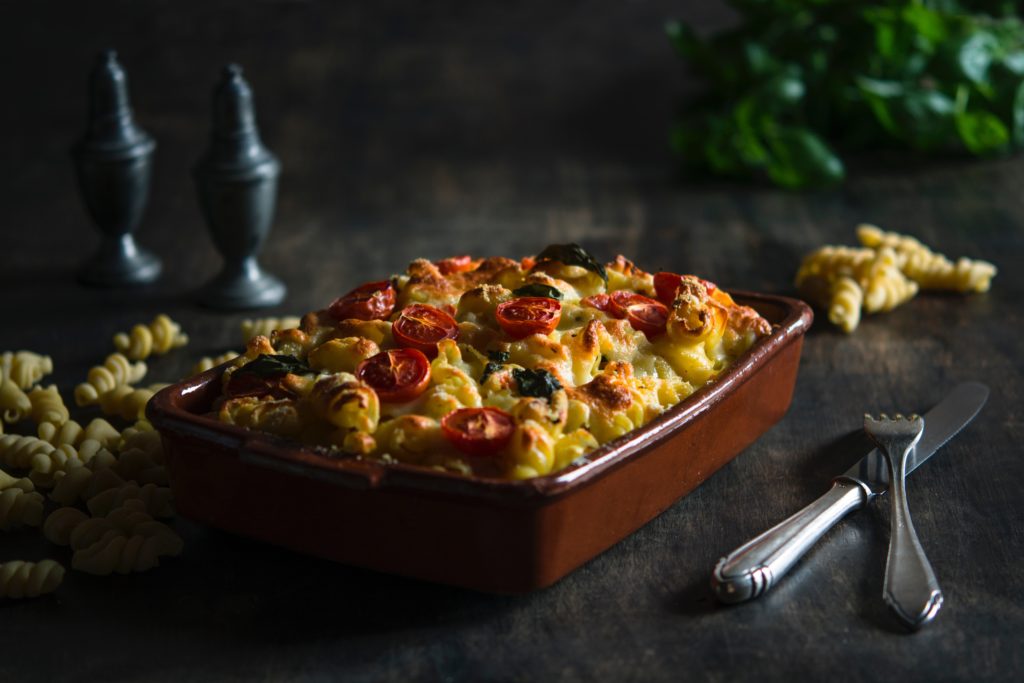All fields are required
Posted in Food Policy,Food Safety,Our Blog on November 16, 2018

People who bake as a hobby in California can soon start to sell their homemade goods legally. This is a huge deal for people like myself who enjoy baking so much but often find muffins and other baked goods coming out of our ears because the sales are not legal in all areas. Recently the Governor of California signed The Homemade Food Operations Act which will allow California home chefs to sell foods right from their homes.
What does this mean though? Well it looks pretty simple. Anyone who is looking to sell their homemade goods need to apply for a permit after the law is in effect starting January 1, 2019 and if approved for the permit will be able to sell right from their homes after a proper home inspection.
Also known as the California Assembly Bill 626 is hoping to conjure up more business and also more jobs as small business owners will find they are needing extra help in the kitchen. According to Eater the bill’s passing might launch a new cottage industry. In early 2018, Glendale residents Ani Torosyan and Susanna Saponjyan launched DishDivvy, which allows users to purchase meals prepared in the home kitchens. But Los Angeles County’s Department of Public Health considered these meals illegal. After January 1, 2019, DishDivvy’s partners or anyone with a MHK license can cook for the masses.
Why home kitchens though? The answer is easy. There are so many overhead costs from having a legit storefront business that many small business owners just can’t afford it. They know they can afford their bills at home and the small amount of overhead involved with operating a home kitchen, but usually no more than than especially with the rising costs of goods in many areas.
California first introduced a similar bill in 2017 and it brought forward a lot of new avenues for revenue: “It decriminalizes a practice that has been going on for a long time and creates an economic empowerment opportunity for people who want to make a living from something they already do at home and enjoy doing,” bill sponsor State Assemblyman Eduardo Garcia said. As the San Francisco Chronicle points out, homemade dumplings were already being hocked on apps like WeChat, while tamales sold at church functions were providing a source of additional income. But in both those instances, the sale of those foods wasn’t exactly legal. With the enacting of the new law, those same entrepreneurs will be able to apply for a license to operate without fear of being shut down, while ensuring proper training and safety protocols are followed for public safety. Prior to 2017 the bill passed in California only allowed for foods to be sold that were a lower risk factor for foodborne illnesses such as pickles, jams and other preserves.
Concerned about Salmonella or Ecoli? For some, knowing a home chef is going through the same inspections as any other restaurant in your local area makes a lot of people feel more at ease. Food & Wine shares some key points to the operations of a home kitchen and its use for the sale of goods: To operate a home kitchen, the owner can be granted a permit by obtaining a food managers’ certification (the same standard for the restaurant industry), and have their kitchen inspected, and are subject to possible drop-in inspections in the future. Cooks can then sell food directly to consumers, but may not use delivery services or the post office to do so. Once income from a home kitchen business reaches $50,000, the operation must move to a commercial kitchen.
BakeCalc shares what to expect with an inspection when it comes to having people in your residence looking for possible issues after filing for your home chef permit:
While opening your own home kitchen for the sale of your goods may be stressful as long as you follow some basic food safety rules you will be well on your way to making a side income for your family doing something you absolutely love. Well, in California anyway. Here at MakeFoodSafe, we remind everyone to practice good food safety, always.
By: Samantha Cooper, Contributing Writer (Non-Lawyer)